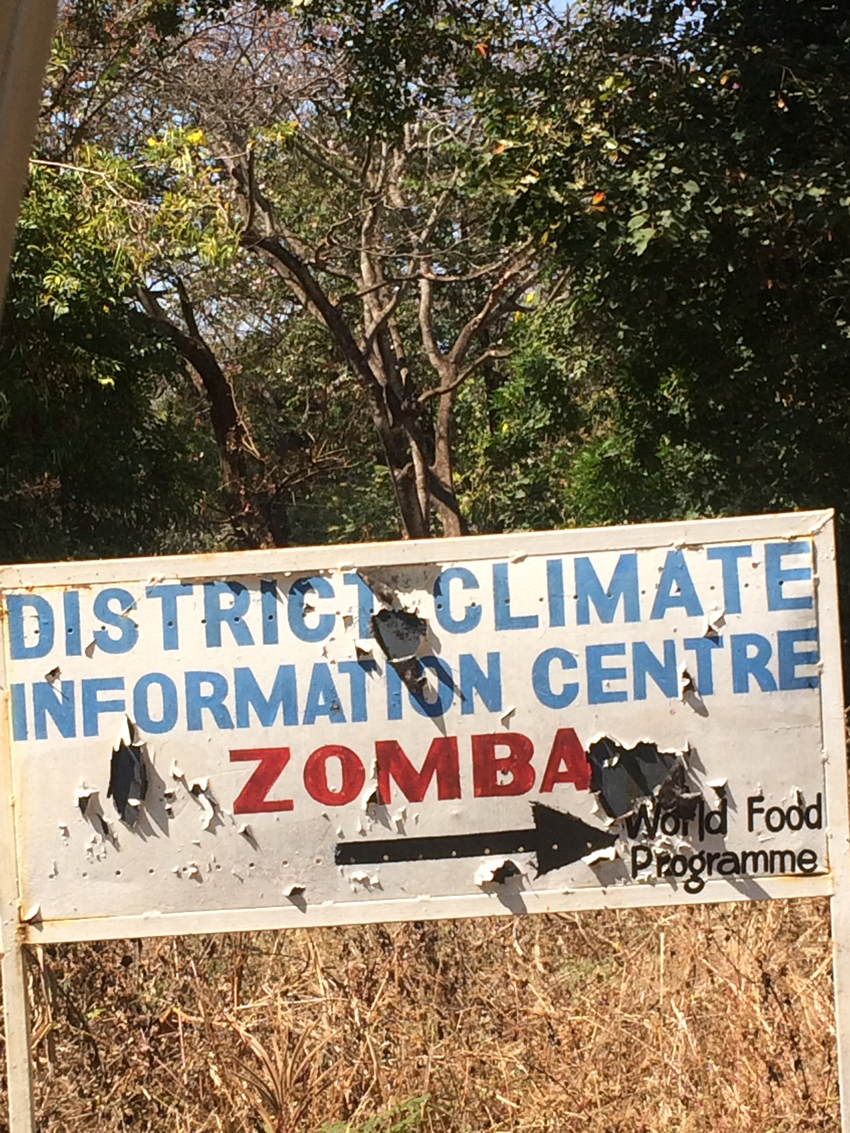Summary
Climate variability has greatly affected livelihoods in many part of sub-Saharan Africa where 90% of the agriculture is rain-fed. The impacts are more pronounced among the most vulnerable groups within the affected communities due to their low adaptive capacity to climate shocks. Intra-gender differences have also been known to shape the adaptation options and adaptive capacity of communities. Over 75% of the African population resides in rural areas with the agriculture sector (crops and pastoralism) contributing between 10% and 70% of national GDPs. The impact of climate variability has been more visible in Arid and Semi-Arid Lands (ASALs) covering up to 66% of Africa’s land and home to more than 200 million people. Maize harvest losses due to drought are significant, up to 27%, 25%, and 7% for Malawi, Kenya, and Ghana respectively. Agro- and hydro-meteorological information provided on a seasonal and decadal time-scales can improve integrated farm and water resources management through proper timing and timely decision-making in climate sensitive sectors. Although there is strong evidence that Climate Information Services improves early warning and farm calendar planning there exist institutional and implementation challenges in most African countries. Other challenges include lack of co-production and co-management of climate information services among different sectors. This is due to weak linkage between the supply side and the demand side. In addition, the research work on CIS has mostly been towards impact assessment-driven methods (science first) and not generating information for adaptation decisions (policy first). The research project will assess: the existing institutional, implementation and governance arrangements, type of products produced (supply side) and how they are transmitted to end users (demand side), how the CIS products inform extension delivery and decision making on a seasonal farm calendar basis, link to existing resilience building agricultural interventions, and level of CIS integration into development planning at national and local government level to build household water and food security.
Team members
Henry Hunga (Lead Researcher), University of Malawi, Malawi
Daniel Namenya (Co-Researcher), Masinde Muliro University of Science and Technology, Kenya
Yaw Atiglo (Co-Researcher), Ghana University, Ghana
Frank Musa, (Co-Researcher), University of Malawi, Malawi
Gertrude Owusu (Co-Researcher), Ghana University, Ghana
Eunice Shame (Co-Researcher), LEAD-SEA, Malawi
Mentors
John Obiri, Musinde Muliro University of Science and Technology
Mangani Katundu, University of Malawi
Gilbert Ouma, University of Nairobi


